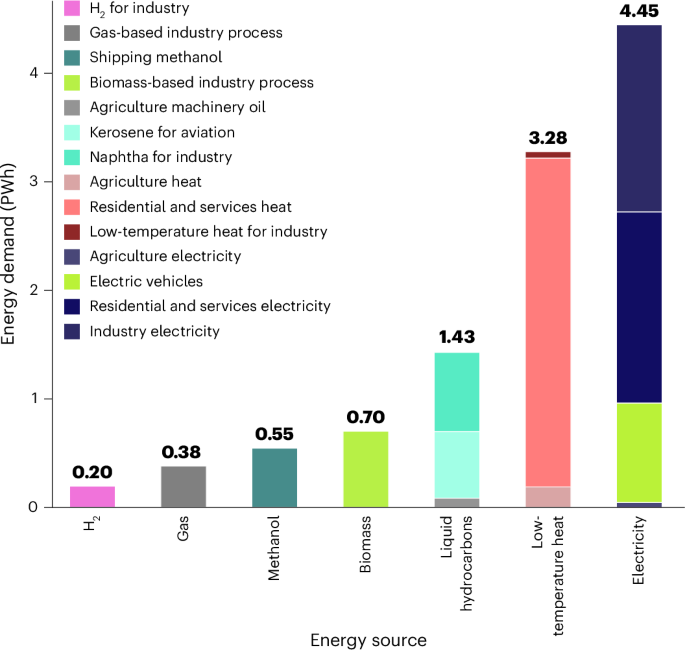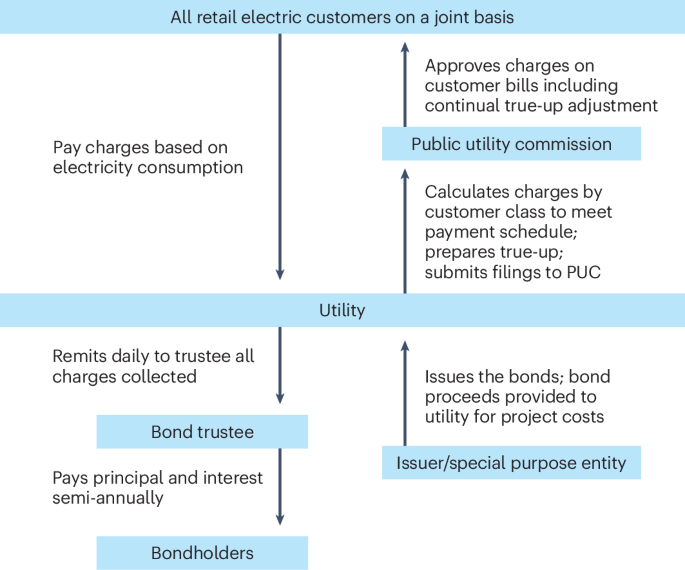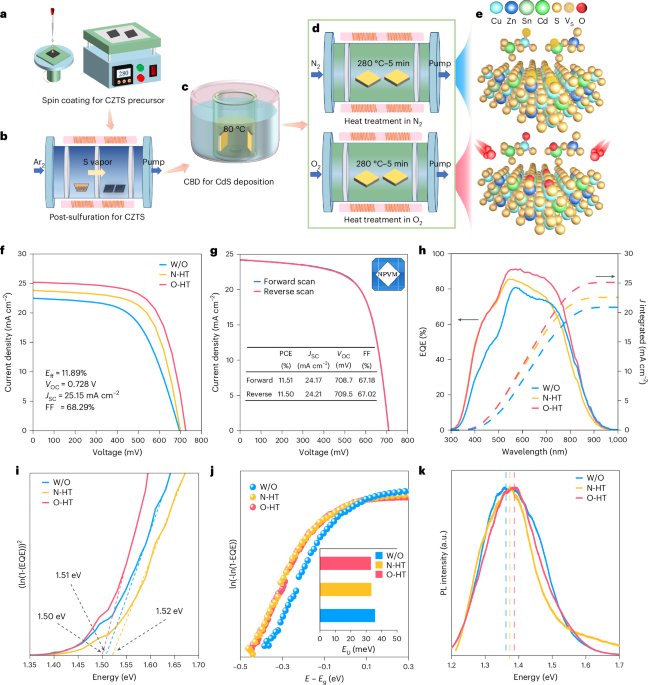Thermoresponsive Mono‐Solvent Electrolyte Inhibiting Parasitic Reactions for Safe Lithium Metal Batteries
Advanced Energy Materials, EarlyView.

The high reactivity of lithium metal against electrolytes is tamed by a thermoresponsive mono-solvent electrolyte, aiming to extend the lifespan and boost the safety of lithium metal batteries. At room temperature, the electrolyte ensures stable cycling of batteries. At high temperatures, it responds to heat and transforms into a solid polymer electrolyte, inhibiting parasitic reactions for safe batteries.
Abstract
Solvents in liquid and gel polymer electrolytes are recognized for contributing to high ionic conductivity in high-energy-density lithium metal batteries. However, parasitic reactions involving solvents and lithium metal induce safety risks under thermal abuse conditions and poor lifespan during room-temperature cycles, which are rarely investigated. This study introduces a thermoresponsive mono-solvent electrolyte as a built-in safety switch. The mono-solvent electrolyte polymerizes at elevated temperatures, creating a passivate polymer network without residue solvents. The polymer exhibits high thermal stability with 91% mass retention at 200 °C and significantly suppresses side reactions between lithium metal and the electrolyte, reducing thermal runaway risks. Ah-level Li||LiNi0.8Co0.1Mn0.1O2 pouch batteries employing this electrolyte can efficiently improve the critical temperature of thermal runaway by 75 °C compared to the thermoresponsive gel polymer electrolyte. At ambient temperatures, the electrolyte promotes the formation of a stable solid electrolyte interphase (SEI) rich in LiF and Li2O, effectively reducing side reactions and dendrite growth on the lithium anode. Consequently, Li||LiNi0.5Co0.2Mn0.3O2 cells retain 91% capacity after 152 cycles, even under high-loading cathodes (19.7 mg cm−2, 3 mAh cm−2). This research offers valuable insights into inhibiting parasitic reactions during the electrochemical cycle and thermal runaway, enhancing the lifespan and safety of high-energy-density batteries.









































































































































































.png)






